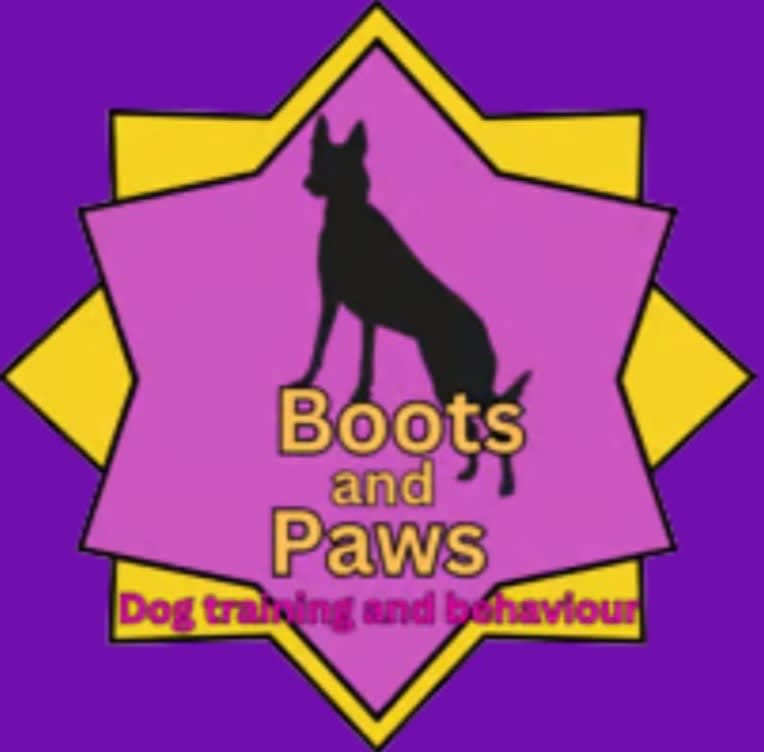
Owner trained assistance dogs

Assistance dogs are protected in the UK under the Equality Act 2010. Assistance dogs can be trained to assist with a range of disabilities and can be trained by a charity, organisation or by their owner.
What Is An Assistance Dog?
An assistance dog is a specially trained dog that performs a role as an auxiliary aid for a disabled individual. Assistance dogs are protected in the UK under the Equality Act 2010.
Assistance dogs can be trained to assist with a range of disabilities and can be trained by a charity, organisation or by their owner.
What Is The Difference Between An Assistance Dog And A Pet?
Assistance dogs are different to pet dogs and have certain rights that pet dogs do not. The EHRC explains:
“Assistance dogs are not pets and are treated as ‘auxiliary aids’. Assistance dogs are highly trained which means they: will not wander freely around the premises, will sit or lie quietly on the floor next to their owner, [and] are unlikely to foul in a public place”.
Assistance dogs usually go through extensive training to ensure they do not disrupt the public while they are working, and that they do not behave inappropriately or dangerously. This enables them to be kept under control in public places where dogs are usually unwelcome.
Assistance dogs can be any breed, and come in a wide variety of shapes, colours and sizes.
What Are Owner-Trained Assistance Dogs And How Are They Trained?
Assistance dogs that have been selected and trained by their owner are referred to as owner-trained assistance dogs (or OTADs).
Owner-trainers may do so completely independently, but it is often advised that people without previous dog training experience seek support from an organisation, charity or private trainer to help get their dog trained to the appropriate level.
Getting support from a professional trainer or organisation, or undergoing a public access test, is entirely voluntary and is not mandated by UK legislation. It is the decision of individual owner-trainers whether to do so.
Some of the reasons that people may seek support with owner-training their dog is because assistance dog training involves a high level of obedience in often very challenging environments, and many medical tasks are best introduced with the supervision of a professional to ensure they are done so safely and trained to the right standard.
Owner-training is a difficult and demanding process, which can be overwhelming for many disabled people, particularly if they have not spent much time training dogs before this.
What Are The Challenges Of Owner-Training?
Training your own assistance dog requires a lot of time, patience and hard work. This needs to be considered if you are debating pursuing the owner-training route, and there is also the possibility that despite the amount of time, money and commitment invested into the dog, that the dog may ‘wash’ for a variety of reasons.
Not all dogs are suitable as assistance dogs – in fact, very few pet dogs are – and the process of deeming a dog unfit to continue as an assistance dog (or assistance dog in training) is referred to as ‘washing’ within the community.
While the likelihood of a pretrained dog from a charity washing is quite low, as they have been through a specialised breeding, selection, socialisation, and training process before coming to the client, the probability of an owner-trained dog washing is higher in comparison.
It is important that owner-trainers, especially those who acquire young puppies as assistance dog prospects, have a plan for the possibility that their dog turns out to be unsuitable as an assistance dog for any reason.
This is also why selection is important – finding an appropriate breeder and puppies with a solid temperament and clean health is key to setting yourself up for success.
Rescued and rehomed dogs with unknown lineage can be more of a gamble, as their health and temperament are less predictable, but sometimes appropriate candidates can come from these backgrounds too.
Comprehensive assessment of potential breeders/sources and prospective puppies/dogs is key to setting an owner-trained partnership for success from the outset, and is a service we offer our clients who are looking to owner train an assistance dog.
The Importance Of Assistance Dogs For Their Handlers
Assistance dogs are life-changing for disabled people, empowering individuals to access the world independently and opening up tremendous possibilities that would not have otherwise been available.
For many handlers, their assistance dogs have allowed them to go outside and explore the world with freedom that would have been impossible before.
The public must understand the importance of an assistance dog to a disabled handler, and that they crucially should never distract or interfere with the dog’s work.
In a significant number of cases, interfering with an assistance dog’s work could actually lead to a life-threatening medical episode for the handler.
While the dog is distracted, a medical alert could be missed, due to the dog’s attention being drawn away from the signs of an oncoming medical event that they have been trained to look out for.
Public attitudes towards assistance dogs that lead to strangers attempting to interact with or interfere with them tend to stem from a lack of awareness, understanding and education. These incidents can be distressing, dangerous and traumatic for assistance dog handlers, who can also end up the targets of unwanted harassment while using their assistance dog in public.
Unfortunately, assistance dog handlers (charity, organisation or owner-trained alike) can face discrimination when trying to access services. These experiences are described as ‘access refusals’ within the community. A number of campaigns and organisations strive to fight against this, including the disability advocacy service P.A.D – Policies for Assistance Dogs.
If you are looking for support with owner-training your assistance dog, please get in touch at [email protected] or 07562344998
Contact
Office location
Blyth road, Oldcotes, NottinghamshireGive us a ring
07562 344998Send us an email
[email protected]Other website
bootspaws.webs.com